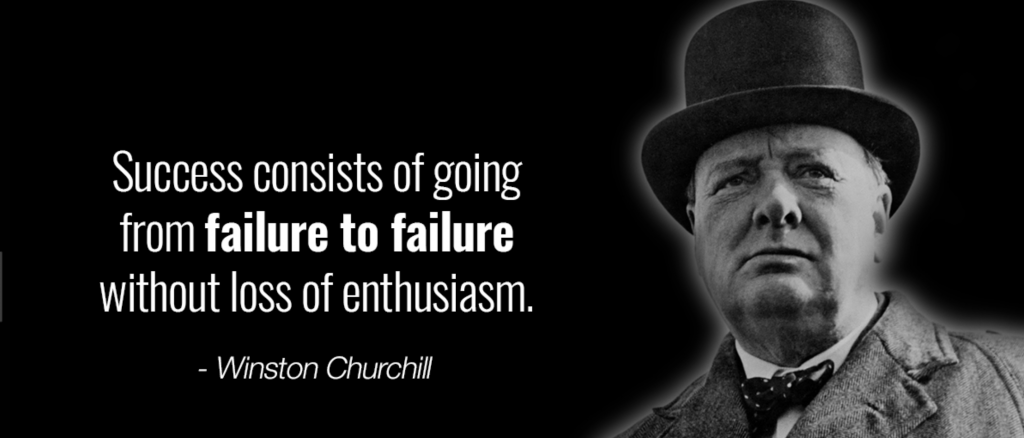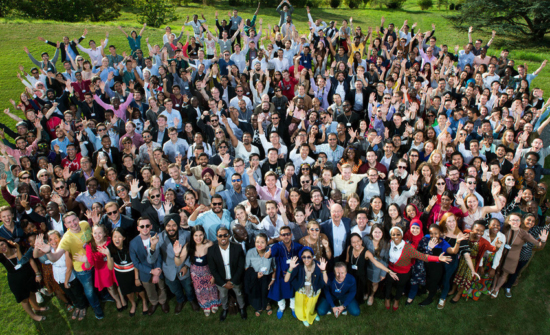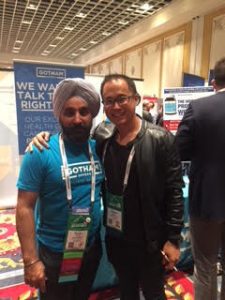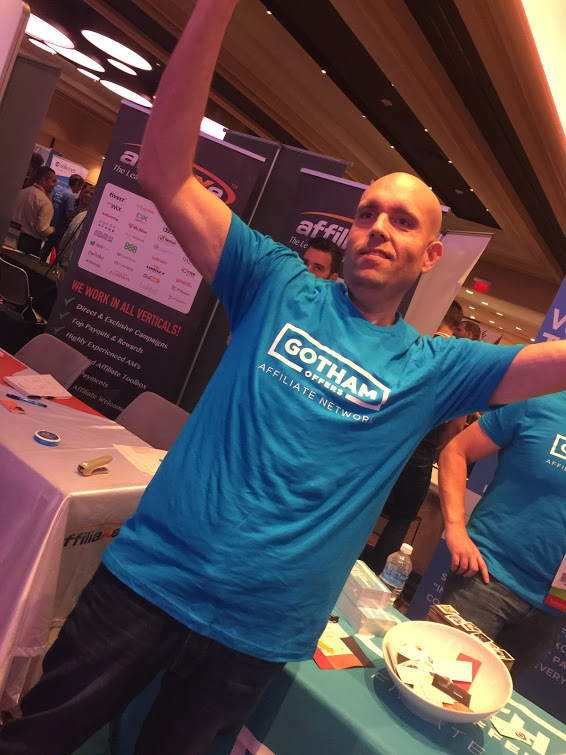The world as we know it is currently going through a seismic shift. Many of us are learning to adapt to the new normal. As the coronavirus pandemic continues to spread across the country, the numbers clearly show many people are continuing to work entirely from home.
According to a Federal Reserve Bank of Dallas report, in the month of May around 35.2% employed folk and an astounding 71.7% of U.S. workers – worked from home as compared to just 8.2% in February.
While some are staying home for safety and convenience others are required by their employer or the state or local government to remain at home. Many big companies are offering work-from-home option until the end of the year, there is a lot to be deciphered on a personal or a tax policy level.
In these confusing times, here are few practical tips on tax aspects of work from home
Understand The Legalities Of Your Employment Situation
During these times, the lines between an employees and freelancers are overlapping. Understand that you are not self-employed just because you are working from home. If you are receiving a paycheck from an employer and those earnings will be reported to you and to the Internal Revenue Service on a W-2, then clearly you are an employee.
Working from home is not the only criteria to make you an independent contractor receiving a1099. And while you certainly may receive a Form W-2 and a Form 1099 in the same tax year, you should not receive a Form W-2 and a Form 1099 for the same type of work from the same employer.
Primarily due to the Tax Cuts and Jobs Act (TCJA) for the tax years 2018 through 2025, you cannot deduct home office expenses if you are an employee. Notably, there is no hardship exemption or coronavirus waiver. In fact, the Act highlights that employees who work from home can no longer claim the home office deduction. The reason you are working from home does not matter to the IRS. But if you are self-employed you can continue to deduct qualifying home office expenses.
If You Cannot Deduct Expenses Then Find Out What You Can Take From The Office Instead
Certain office equipment can help you improve your productivity, so find out from your employer if you are allowed to take it home. The TCJA rules apply to all unreimbursed job expenses for employees, not just to your physical home office. If your employer doesn’t reimburse costs then whatever you spend out of your pocket are not deductible for federal income tax purposes. But if your employer has already spent the money to buy the office supplies or equipment for you, then simply relocating them to your house is a win- win for all.
Connect With A Tax Professional
It is not just the home office deduction that is creating confusion among those working from home. But another big dilemma facing employees who normally work in an office in one state but now live and work from another is additional tax-filing complications.
There is currently no national standard for the withholding, filing and payment of state income taxes for employees who work in more than one state or work in one state and live in another. That means you may have tax requirements where you typically work as well as where you live, it’s just a lot less stressful to hire a professional. But a piece of advice here, you should still be aware of the basic rules in your state to make sure you don’t get a horrid shock next April.
Keep Logging In Those Work Entries And Check Your With Holding
Maintain a record to keep track of your day by day working locations for tax reasons. Plus, keeping a log could keep you from becoming a victim to the habit of working seven days a week.
Also, find out how much is being with held by your employer for the state where you live (and now work) and whether that will be enough to avoid a tax bill. If you normally work exclusively from an office in another state, work from home might increase your home state liability for 2020. There’s a silver lining though, if your home state has a lower tax rate than the rate where your office is located then working at home for much of 2020 could actually save you taxes.
Be Mindful Of Security
It’s advisable to secure remote locations by using a virtual private network (VPN) to protect against cyber intruders. A VPN provides a secure, encrypted tunnel to transmit data via the internet between a remote user and the company network and are critical to protecting and securing internet connections.
Don’t Jump On The Self-Employed Bandwagon Just Yet
The loss of the home office deduction for employees has many taxpayers wondering whether it makes sense to quit their day jobs and become self-employed. That’s a purely personal decision, but the numbers still don’t support that kind of shift. What if you really are self-employed—meaning you get a 1099 and not aW-2. Then you would report the home office deduction on federal form 8829, Expenses for Business Use of Your Home, which is filed along with your Schedule C, Profit or Loss from Your Business, on your 1040
Create A Comfortable Home Office Space
Making practical and necessary expenses for your office space at work still makes sense. The TCJA did not change the home office expense rules for self-employed persons and independent contractors. Those expenses are deductible so long as they otherwise meet the home office deduction criteria. It is essential to create your workspace and make people around mindful about your work hours and that they shouldn’t be disturbing you during that time. For the self-employed with a home office deduction angle in mind, it’s mandatory to claim a federal income tax deduction for a home office so you must use a specific area of your home exclusively for your trade or business.
Set Working Hours And Make Human Connections When Possible
Many folks are working the same hours even if it’s a work from home scene. But it’s important to keep a tab on your working hours. Even if you work from home most of the year, it’s still important to create opportunities to meet up with colleagues and acquaintances, even if its only virtually. Keep a look out for online seminars and webinars in your arena. Socializing is healthy, and you can learn a lot from your fellow workers who are going through the same thing. Its imperative to compare notes while we all are learning each day as we go!































 [/fusion_text][fusion_text]”WTF do I do with all these business cards?” The common question many attendees ask after a long few days at a conference (this is assuming you are still hung-over). Word of advice: Don’t worry about the business cards until you get back to the office! There is no one that is expecting a call from, well perhaps your wife but other than that, literally no one. However, it is super important to reflect on your experience for personal growth and share that reflection with your peers to show that you are proactive and actually attended the conference to GSD (if you do not know what GSD, be sure to hit me up for some enlightenment)! Weigh out the pros, cons, successes and windows of opportunity and 5..4..3..2..1 – ACT upon them NOW.
[/fusion_text][fusion_text]”WTF do I do with all these business cards?” The common question many attendees ask after a long few days at a conference (this is assuming you are still hung-over). Word of advice: Don’t worry about the business cards until you get back to the office! There is no one that is expecting a call from, well perhaps your wife but other than that, literally no one. However, it is super important to reflect on your experience for personal growth and share that reflection with your peers to show that you are proactive and actually attended the conference to GSD (if you do not know what GSD, be sure to hit me up for some enlightenment)! Weigh out the pros, cons, successes and windows of opportunity and 5..4..3..2..1 – ACT upon them NOW.







